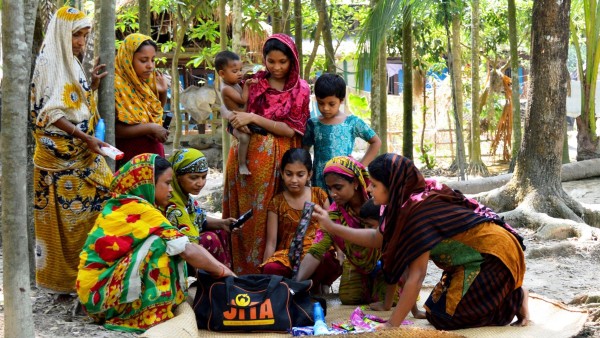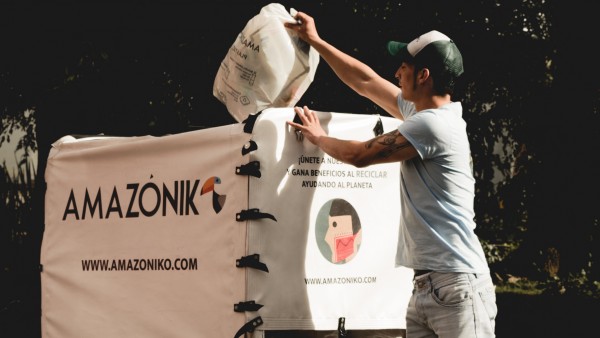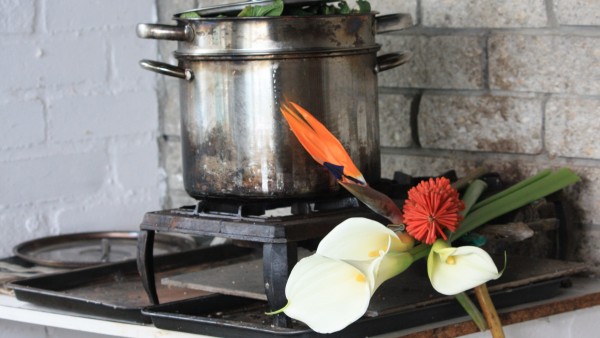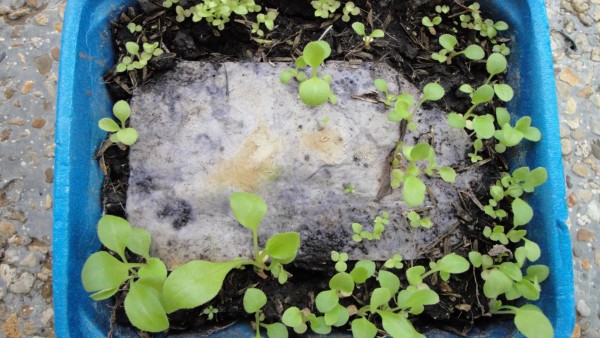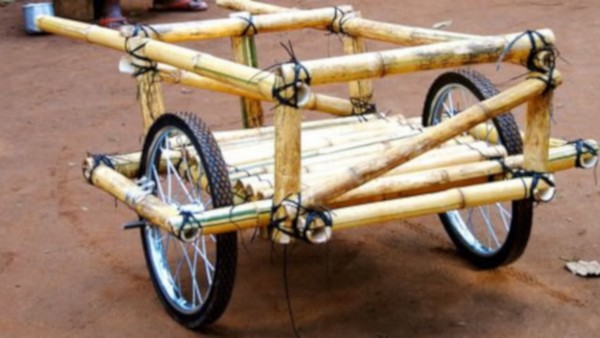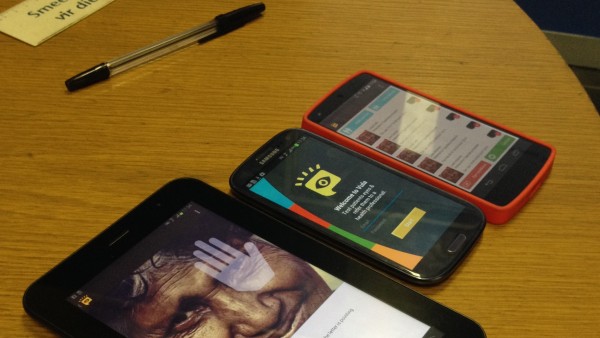Cows to KilowattsTurning waste into energy to generate income for poor communities



Greenhouse gas emission and pollution are two serious environmental side-effects of abattoirs across the developing world. Abattoir effluent critically impacts human health, agriculture, potable water and the ecology of aquatic species and has become a significant problem for many urban communities in Nigeria. There are currently no waste treatment plants for abattoirs in Nigeria, legislation for the protection of water sources is inadequate, and there is no clearly established, coordinated policy framework to tackle water pollution and greenhouse gas emissions.
Therefore, a local NGO and a community-based organization together with technology innovators from Thailand and the Sustainable Ibadan Project are turning these wastes into energy to generate income for poor urban communities and reduce the gases linked with climate change. The ‘Cows to Kilowatts’ project, located in Ibadan (Nigeria), centres on the construction of a biogas plant and waste-water treatment facility to run on abattoir waste so creating a cheap source of domestic energy, abating pollution and mitigating greenhouse gas emissions. The plant treats wastewater and produces biogas (mainly methane and carbon dioxide) using the anaerobic fixed film (AFF) biogas technology.
Socios
Global Network for Environment and Economic Development Research, Nigeria (NGO)
Biogas Technology Research Centre, KMUTT, Thonburi, Thailand (Research Institute)
Centre for Youth, Family and the Law, Nigeria (Community-based Organization)
Sustainable Ibadan Project, Nigeria (UN-HABITAT Programme)

